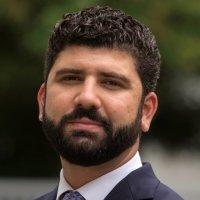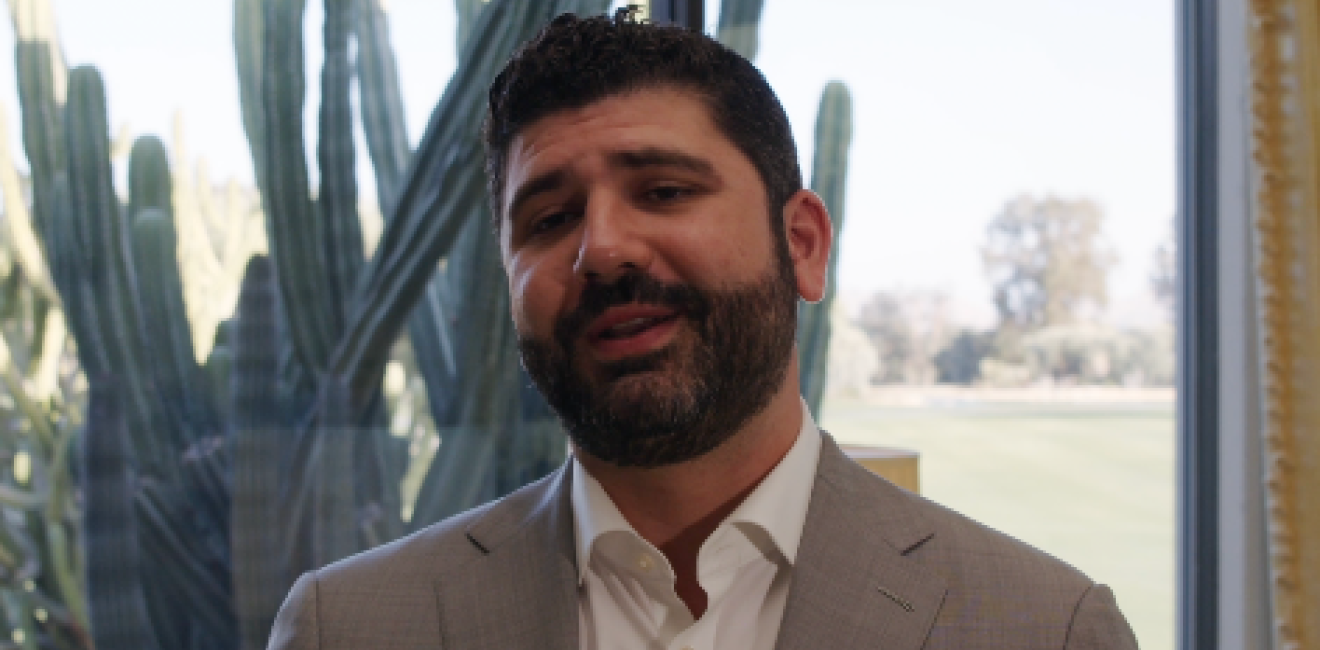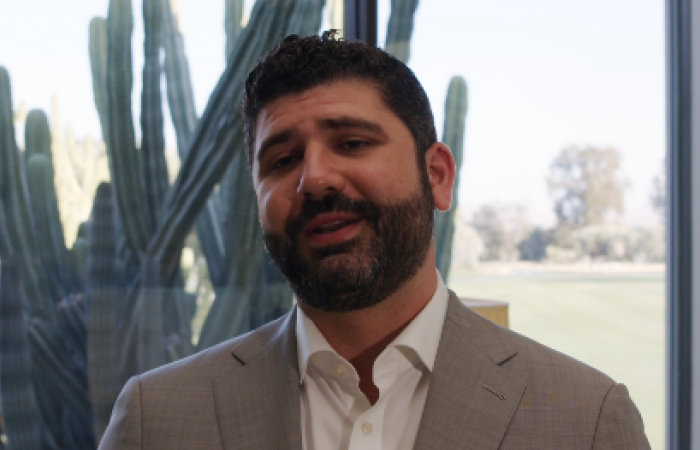
A blog of the Latin America Program
At a retreat hosted by the Wilson Center’s Latin American Program and The Annenberg Foundation Trust at Sunnylands in advance of the Ninth Summit of the Americas, Carlos Guillermo Flaquer, vice minister of industry, commerce and SMEs for the Dominican Republic, discusses opportunities for nearshoring and renewable energy investment, and explains the importance of the Alliance for Development in Democracy, made up of the Dominican Republic, Costa Rica and Panama.
We are working towards reducing dependency on fossil fuels and incentivizing cleaner energies. We are incentivizing imports of electrical vehicles. We are enhancing our electricity matrix and fostering more and more the use of electricity transportation as a way of reducing carbon emissions. In terms of free zones, we are looking at what types of additional incentives we can provide for companies and multinationals that come into our country.”
Author


Latin America Program
The Wilson Center’s prestigious Latin America Program provides non-partisan expertise to a broad community of decision makers in the United States and Latin America on critical policy issues facing the Hemisphere. The Program provides insightful and actionable research for policymakers, private sector leaders, journalists, and public intellectuals in the United States and Latin America. To bridge the gap between scholarship and policy action, it fosters new inquiry, sponsors high-level public and private meetings among multiple stakeholders, and explores policy options to improve outcomes for citizens throughout the Americas. Drawing on the Wilson Center’s strength as the nation’s key non-partisan policy forum, the Program serves as a trusted source of analysis and a vital point of contact between the worlds of scholarship and action. Read more

Explore More in Weekly Asado
Browse Weekly Asado
Dengue Haunts South America’s Summers

Lessons from Costa Rica’s Economic Transformation

Women and Latin America’s Digital Revolution


